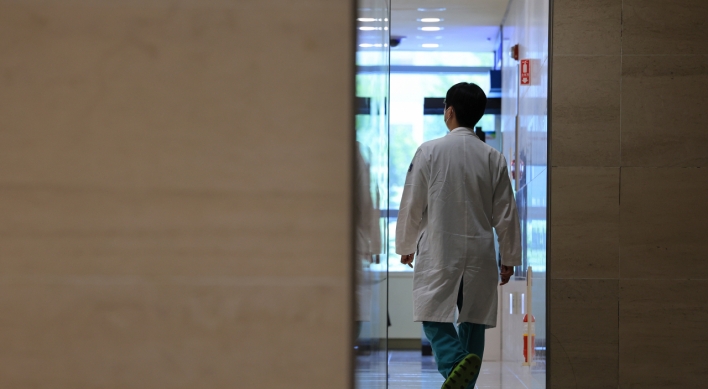NEW YORK (AP) -- Gripped by fear of a new recession, the stock market suffered its worst day Thursday since the financial crisis in the fall of 2008. The Dow Jones industrial average fell more than 500 points, its ninth-steepest decline.
The sell-off wiped out the Dow's gains for 2011. It put the Dow and broader stock indexes into what investors call a correction -- down 10 percent from their highs in the spring.
“We are continuing to be bombarded by worries about the global economy,” said Bill Stone, the chief investment strategist for PNC Financial.
Across the financial markets, the day was reminiscent of the wild swings that defined the financial crisis in September and October three years ago. Gold prices briefly hit a record high. Oil fell even more than stocks -- 6 percent, or $5.30 a barrel. And frightened investors were so desperate to get into some government bonds that they were willing accept almost no return on their money.
It was the most alarming day yet in the almost uninterrupted selling that has swept Wall Street for two weeks. The Dow has lost more than 1,300 points, or 10.5 percent. By one broad measure kept by Dow Jones, almost $1.9 trillion in market value has disappeared.
For the day, the Dow closed down 512.76 points, at 11,383.68. It was the steepest point decline since Dec. 1, 2008.
Thursday's decline was the ninth-worst by points for the Dow. In percentage terms, the decline of 4.3 percent does not rank among the worst. On Black Monday in 1987, for example, the Dow fell 22 percent.
Two weeks ago, investors appeared worried about the deadlocked negotiations in Washington over raising the ceiling on government debt. As soon as the ceiling was raised, investors focused on the economy, and the selling accelerated.
On Thursday, growing fear about the weakening U.S. economy was joined by concern in Europe that the troubled economies of Italy and Spain might need help from the European Union.
The European Union has already given financial assistance to Greece and Ireland, two countries that have struggled to pay their debts. A financial rescue package for Italy or Spain might be more than the group of countries can handle.
Traders also unloaded stocks before Friday's release of the government's unemployment report for July, which is expected to show weak job growth and perhaps a rise in the unemployment rate, which is 9.2 percent.
Together, they produced “a perfect storm of selling,” said Ryan Larson, head of U.S. equity trading for RBC Global Asset Management.
Until a week ago, Wall Street had mostly convinced itself that the U.S. economy would improve in the second half of the year. Gas prices were falling, and Japanese factories were resuming production after disruptions from the March earthquake.
Then one report after another began to show that the economy was much weaker than first thought.
Manufacturing is barely growing. The service sector, which covers about 90 percent of the American work force, is growing at the slowest rate in a year and a half. People spent less in June than in May, the first decline since September 2009.
And the overall economy is expanding at the slowest pace since the end of the Great Recession. It grew at an annual rate of just 0.8 percent for the first six months of this year, raising the risk of another recession.









![[Kim Seong-kon] Democracy and the future of South Korea](http://res.heraldm.com/phpwas/restmb_idxmake.php?idx=644&simg=/content/image/2024/04/16/20240416050802_0.jpg&u=)








![[Today’s K-pop] Zico drops snippet of collaboration with Jennie](http://res.heraldm.com/phpwas/restmb_idxmake.php?idx=642&simg=/content/image/2024/04/18/20240418050702_0.jpg&u=)